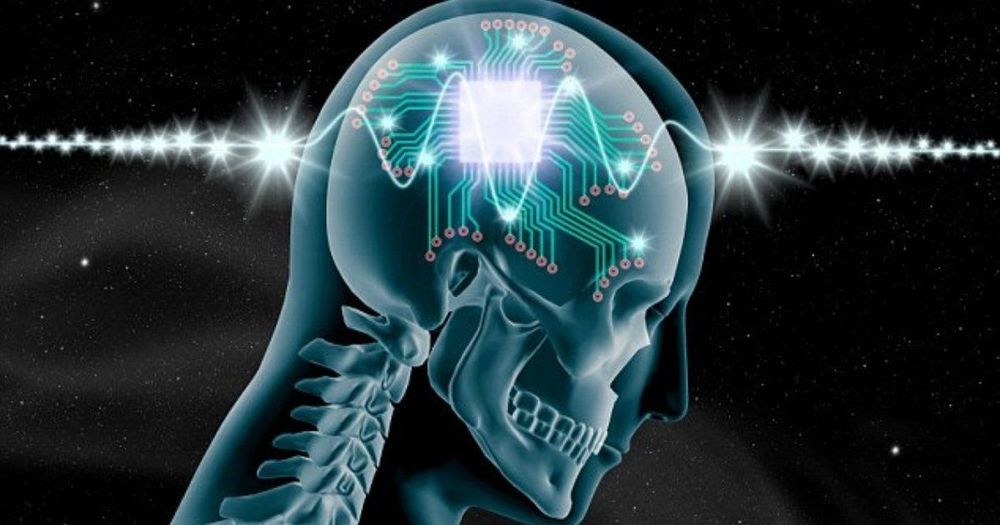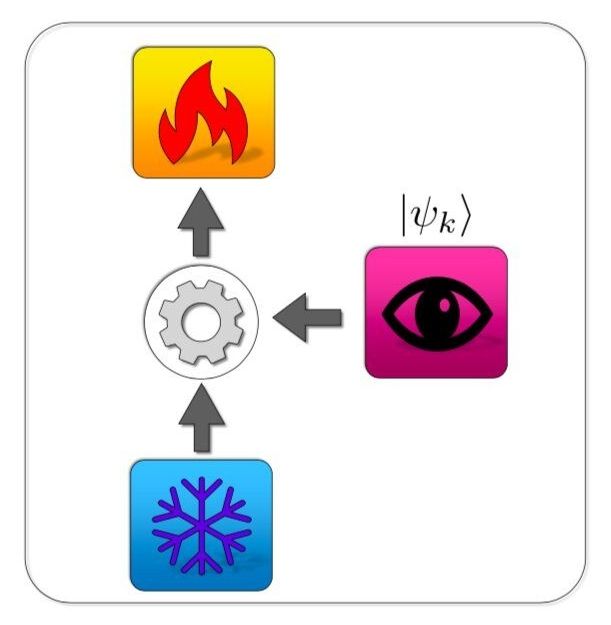Last year, the Japan Transhumanist Association, a general incorporated group that aims to promote transhumanism in Japan, used Twitter to solicit volunteers for free chip implants. More than 20,000 people applied, and 20 are currently being prepared for the procedure.
With microchip implants, humankind has taken a step toward what future-minded experts predict will be a world filled with cyborgs, but Japan lags behind other countries in this regard.
The microchips inserted under the skin are currently limited to such tasks as opening doors and paying for small items, like drinks.
However, Yuichiro Okamoto, a professor of philosophy at Tamagawa University who is well-versed on the ideological background of science and technology, says the implants are just the beginning of “transhumanism,” the theory that science can allow humans to evolve beyond their current physical and mental limitations.






